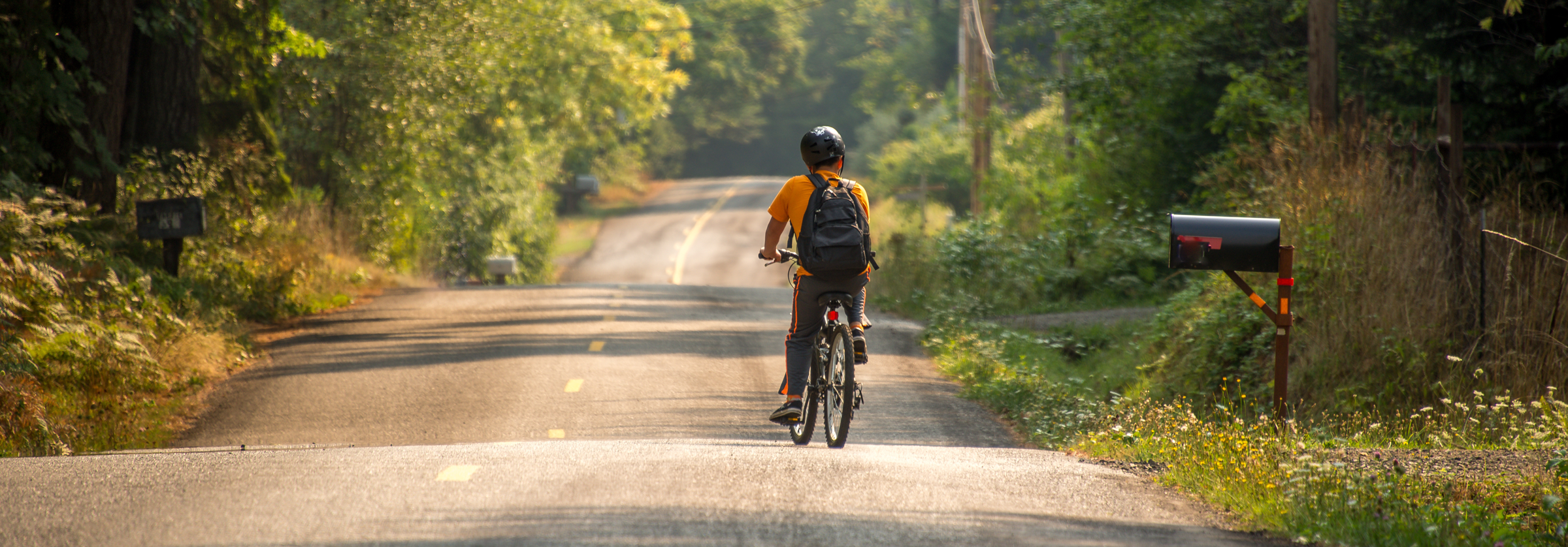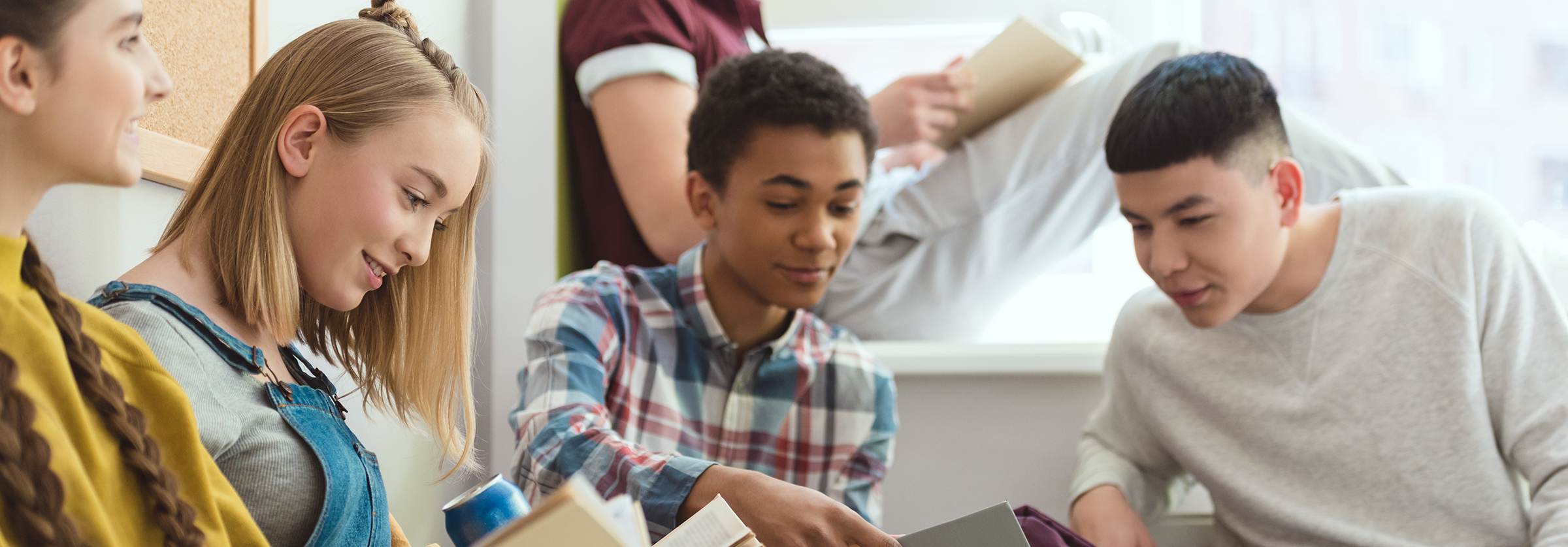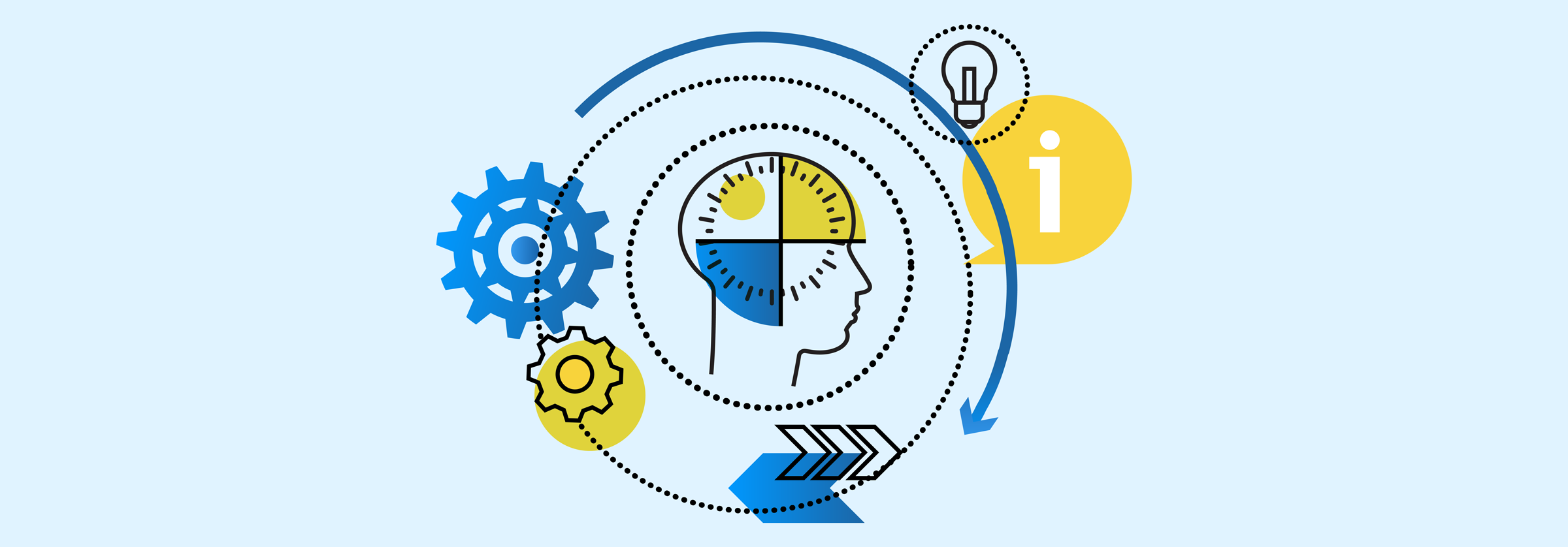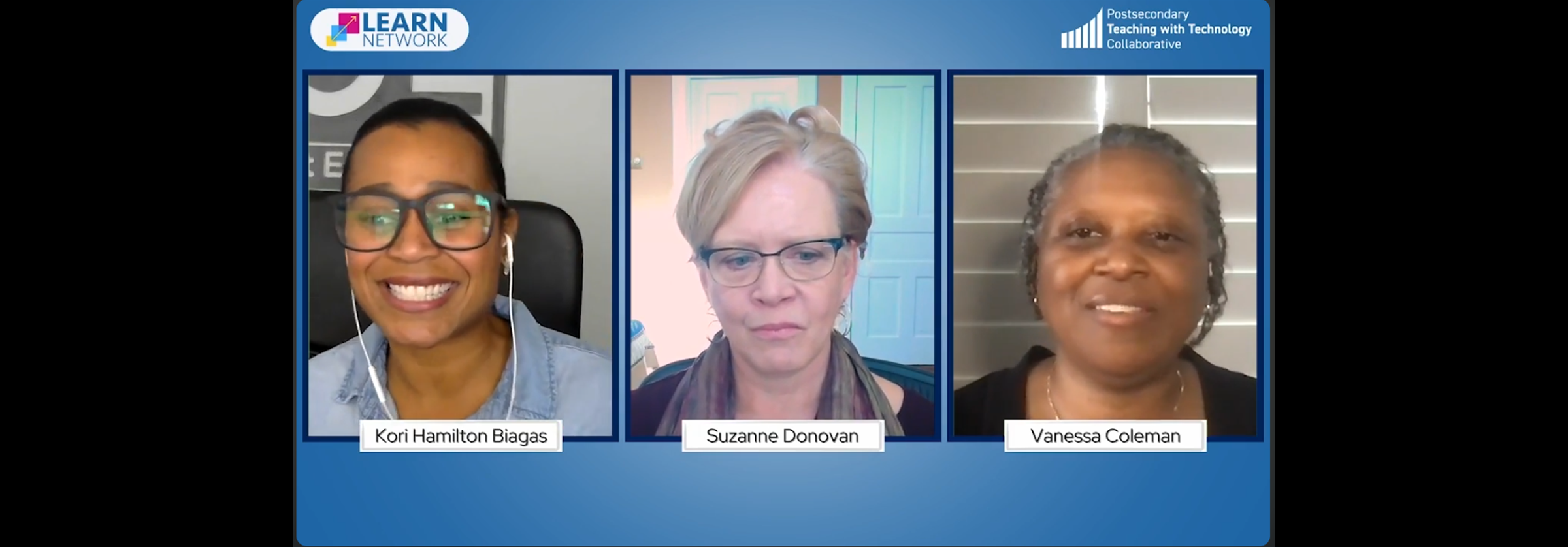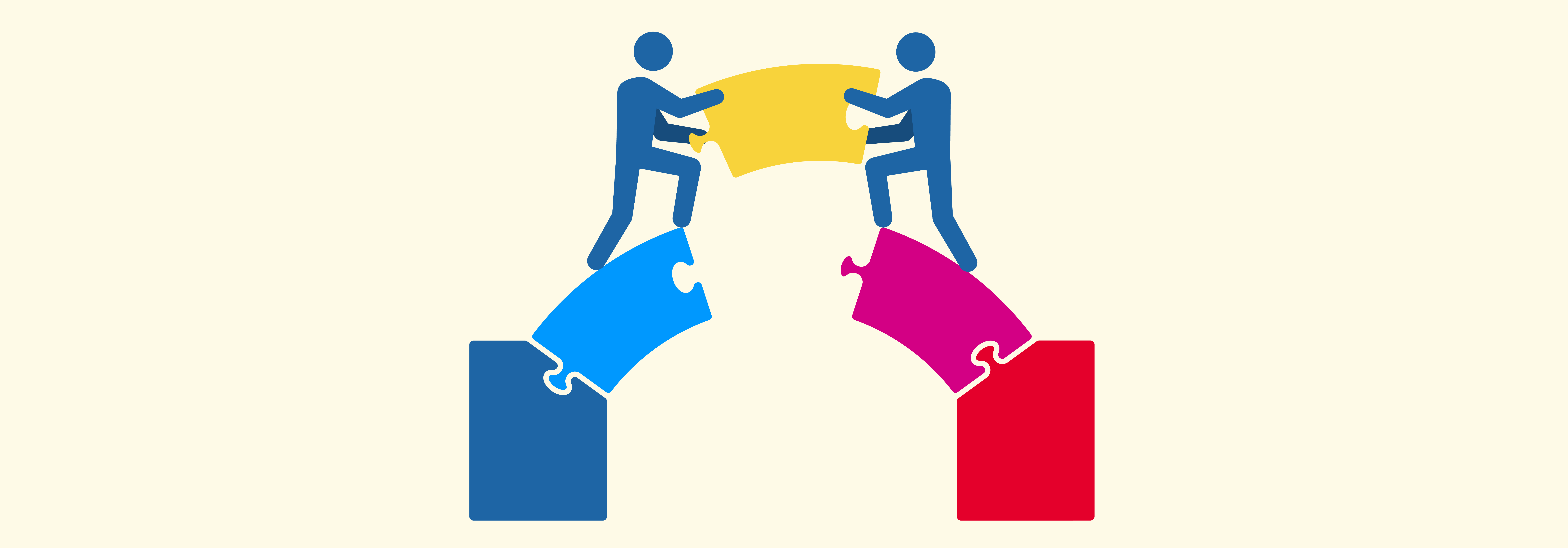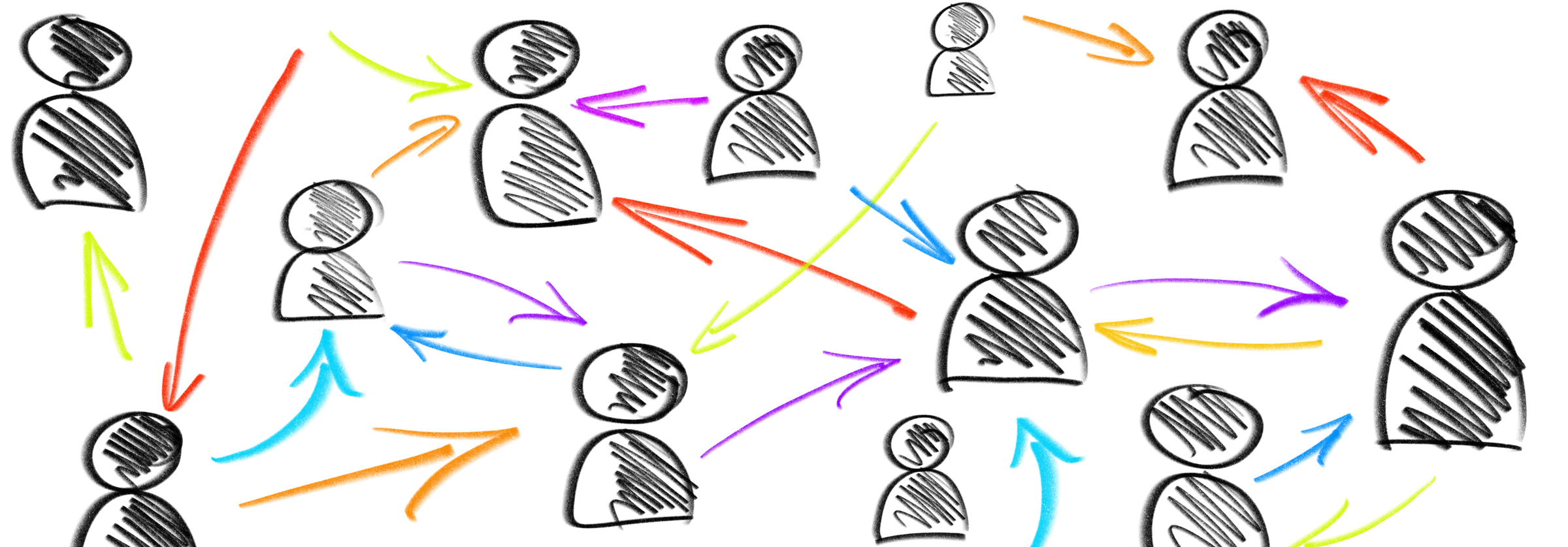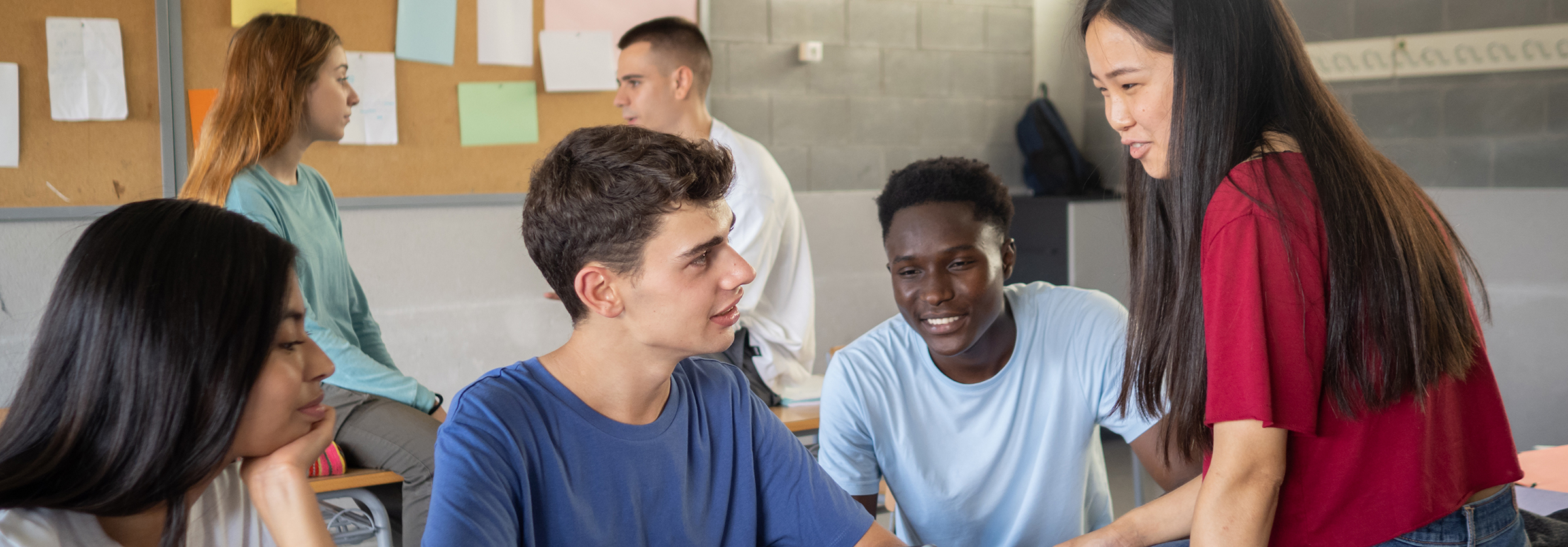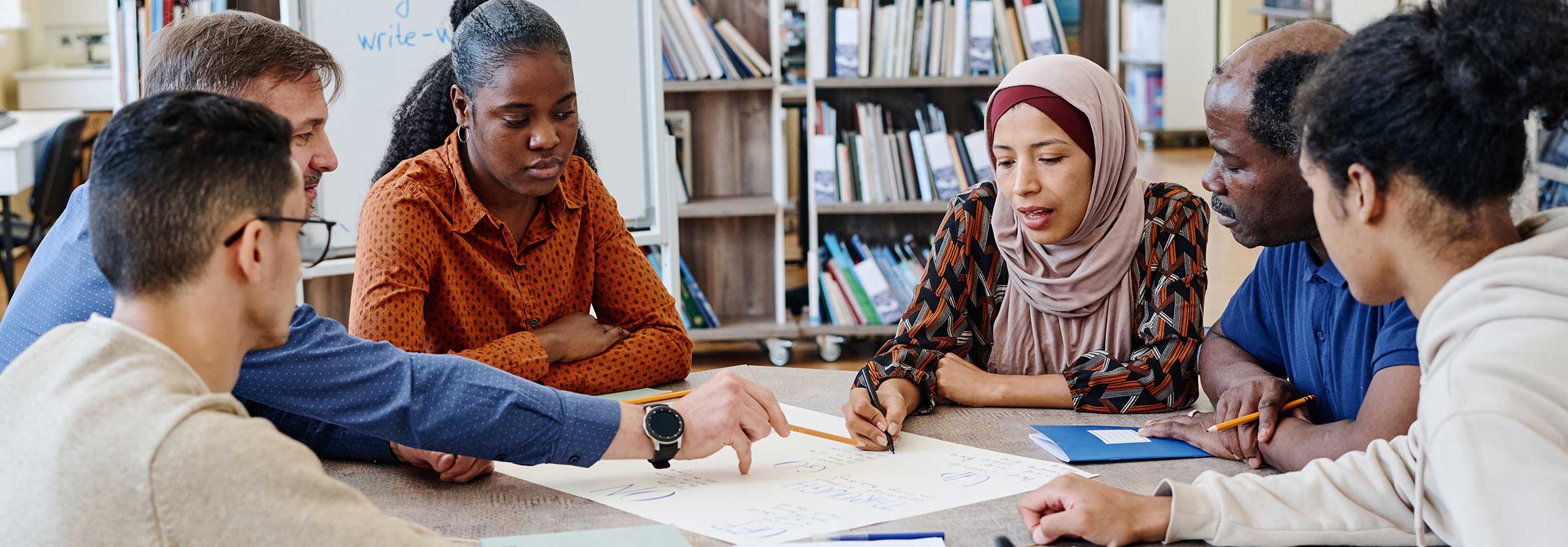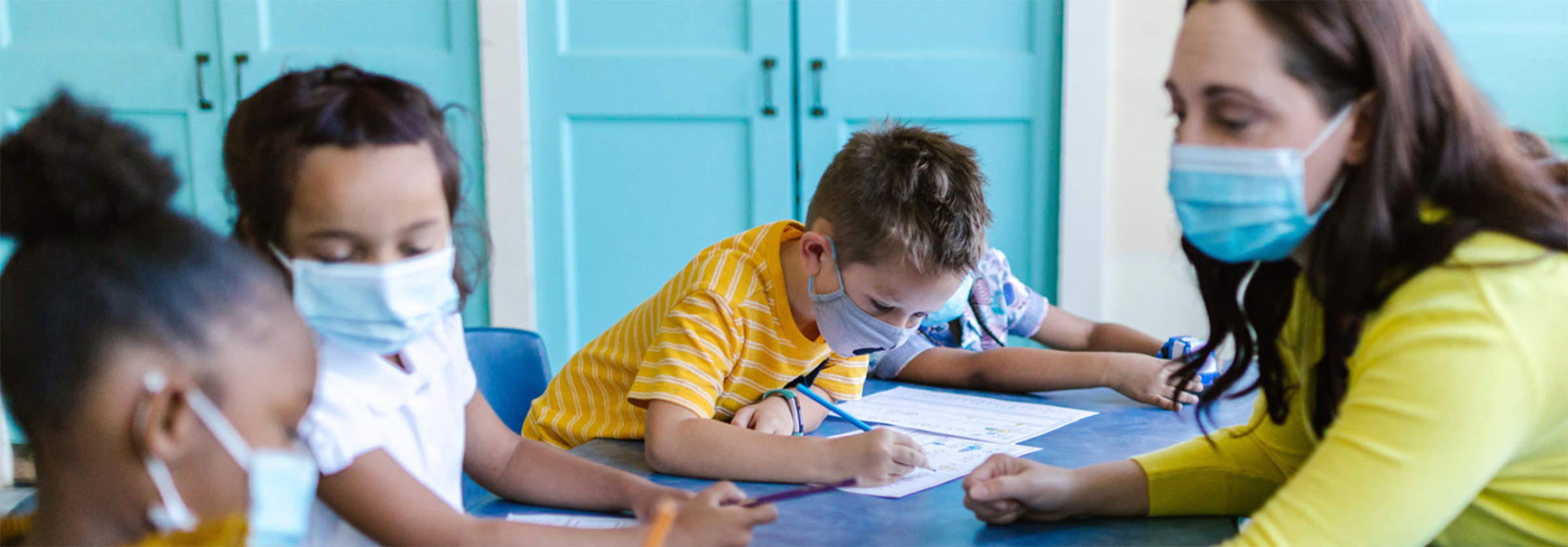In the latest edition of the SRI Homeroom podcast, host Kori Hamilton Biagas sat down with Margaret Troyer and Kala Jones from the Strategic Education Research Partnership (SERP Institute) to discuss their work and strategies to improve reading and reading comprehension for secondary students across the nation.
Suzanne Donovan, executive director of the Strategic Education Research Partnership (SERP) Institute, and Vanessa Coleman, co-director of SRI’s Center for Education Research & Innovation, recently sat down for a conversation with LEARN Network’s Kori Hamilton Biagas to discuss scaling innovations that disrupt inequity and create system-level change.
LEARN Network lead Rebecca Griffiths recently had a conversation with the SRI Homeroom podcast host Kori Hamilton Biagas. They discussed how promising innovations with strong theories of action have inspired Griffiths’ work and how the LEARN Network is helping researchers better match their promising theories with real world problems of practice.
In this video from the Learn Network’s Stories of Scaling series, Suzanne Donovan, executive director of the Strategic Education Research Partnership (SERP) Institute, and Vanessa Coleman, co-director of SRI’s Center for Education Research & Innovation, sit down for a conversation with LEARN Network’s Kori Hamilton Biagas.
Blog 2 in a two-part series on knowledge mobilization. In this second blog post, I’ll focus on how you can develop your own knowledge mobilization strategy and discuss some concrete first steps you can take. I build from the three key lessons learned in the first blog post, adding what we’ve learned about effective knowledge mobilization practices from those in the field actually doing this work.
Blog 1 in a two-part series on knowledge mobilization. One of the truths I’ve learned over my time as an education researcher is that most scholars want to make a difference. Most of us got into this business because we felt we care about and want to do work that matters. We want to make a difference in the field, to what happens in schools, and to the lives of children and families.
One of the central goals of the LEARN Network is to help educational products that already have a strong evidence base achieve scale. Despite strong evidence demonstrating their efficacy in improving learner outcomes, many educational products do not wind up in the hands of educators. A common misconception explaining this phenomenon is that education practitioners (superintendents, curriculum and instruction leaders, and principals) do not prioritize using research-based solutions.
The Leveraging Evidence to Accelerate Recovery Nationwide (LEARN) network, a new three-year grant funded by the Institute of Education Sciences (IES) and led by SRI International, constitutes one element of the federal strategy to address both long-standing student learning achievement gaps and those exacerbated by the COVID-19 pandemic.

